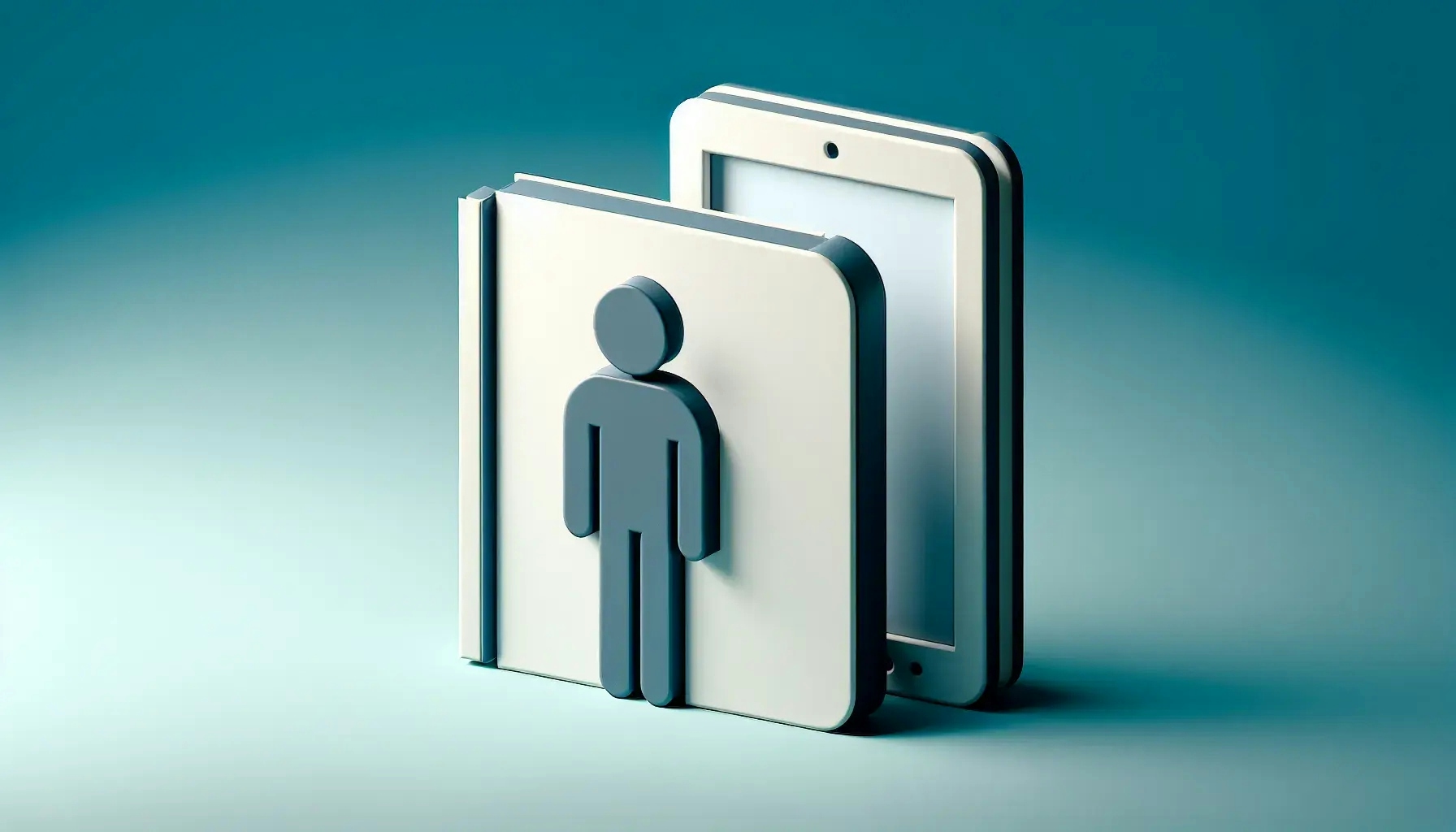The Rise of Digital Literature: E-Books Vs. Traditional Books
Literature Experts

The digital revolution has transformed many aspects of our lives, and literature is no exception. This post explores the rise of digital literature, focusing on the ongoing battle between e-books and traditional books. We'll delve into the advantages and disadvantages of both formats, their impact on reading habits, and the future of literature in this digital age.
The Emergence of E-books
E-books made their entrance into the literary world with the advent of digital technology. They brought about a new way of reading, offering convenience and accessibility that traditional books couldn't match. E-books can be downloaded and read on various devices, including smartphones, tablets, and dedicated e-readers. This flexibility allows readers to carry an entire library in their pocket.
Moreover, e-books offer features such as adjustable font size, built-in dictionaries, and text-to-speech capabilities. These features make reading more accessible to people with visual impairments or learning disabilities. Additionally, e-books are environmentally friendly. They save trees and reduce the carbon footprint associated with the production and distribution of traditional books.
However, e-books are not without their drawbacks. Many readers miss the tactile experience of flipping through pages and the smell of a new book. E-books also require a device and a power source, which can be a disadvantage in areas with limited electricity or internet access.
The Charm of Traditional Books
Traditional books have been around for centuries, and they continue to hold a special place in the hearts of many readers. The physicality of a book, the feel of its pages, and the satisfaction of placing a bookmark all contribute to a sensory experience that e-books can't replicate.
Traditional books also have the advantage of being tangible and collectible. They can be displayed on shelves, passed down through generations, and given as gifts. Furthermore, reading a physical book doesn't strain the eyes as much as reading on a screen can.
Despite these advantages, traditional books have their limitations. They are bulkier and harder to carry around than e-books. They can also be damaged or lost, and replacing them can be costly.
The Impact on Reading Habits
The rise of digital literature has undoubtedly influenced reading habits. E-books have made it easier for people to read on the go, leading to an increase in reading among those who might not have picked up a traditional book.
On the other hand, the ease of access to e-books has also led to a decrease in the attention span of some readers. With so many books available at the click of a button, readers may find themselves hopping from one book to another without finishing any.
Traditional books, in contrast, encourage a more focused reading experience. They demand the reader's full attention and offer fewer distractions. However, the need to physically acquire a book may deter potential readers, especially in areas with limited access to bookstores or libraries.
The Publishing Industry's Response
The publishing industry has had to adapt to the rise of digital literature. Many publishers now offer both print and digital versions of their books to cater to different reader preferences.
Some publishers have embraced the digital revolution wholeheartedly, offering interactive e-books with embedded videos, audio clips, and hyperlinks. Others have remained committed to traditional books, believing in the enduring appeal of the printed word.
The rise of self-publishing has also been a significant development in the digital age. E-books have made it easier for authors to publish their work without the need for a traditional publisher, democratizing the publishing process.
The Future of Literature in the Digital Age
The future of literature in the digital age is likely to be a blend of traditional and digital formats. E-books and traditional books each have their strengths and weaknesses, and both will continue to exist side by side.
Advancements in technology may lead to further improvements in e-books, making them even more convenient and accessible. At the same time, the charm and sensory appeal of traditional books will ensure their continued existence.
The key to the future of literature lies in embracing the best of both worlds. By combining the convenience of e-books with the sensory experience of traditional books, we can create a reading experience that caters to all types of readers.
The Reader's Choice
Ultimately, the choice between e-books and traditional books comes down to personal preference. Some readers may prefer the convenience and features of e-books, while others may value the tactile experience of traditional books.
The rise of digital literature has expanded the choices available to readers, allowing them to choose the format that best suits their lifestyle and preferences. Whether you're a fan of e-books or traditional books, the important thing is to keep reading and exploring the world of literature.
Embracing the Digital Revolution in Literature
The rise of digital literature has brought about a significant shift in the world of reading. While e-books and traditional books each have their pros and cons, they both play a crucial role in promoting the love of reading. As we move further into the digital age, it's essential to embrace the changes while also appreciating the enduring charm of traditional books. After all, the format is just a vessel; the real magic lies in the stories they carry.